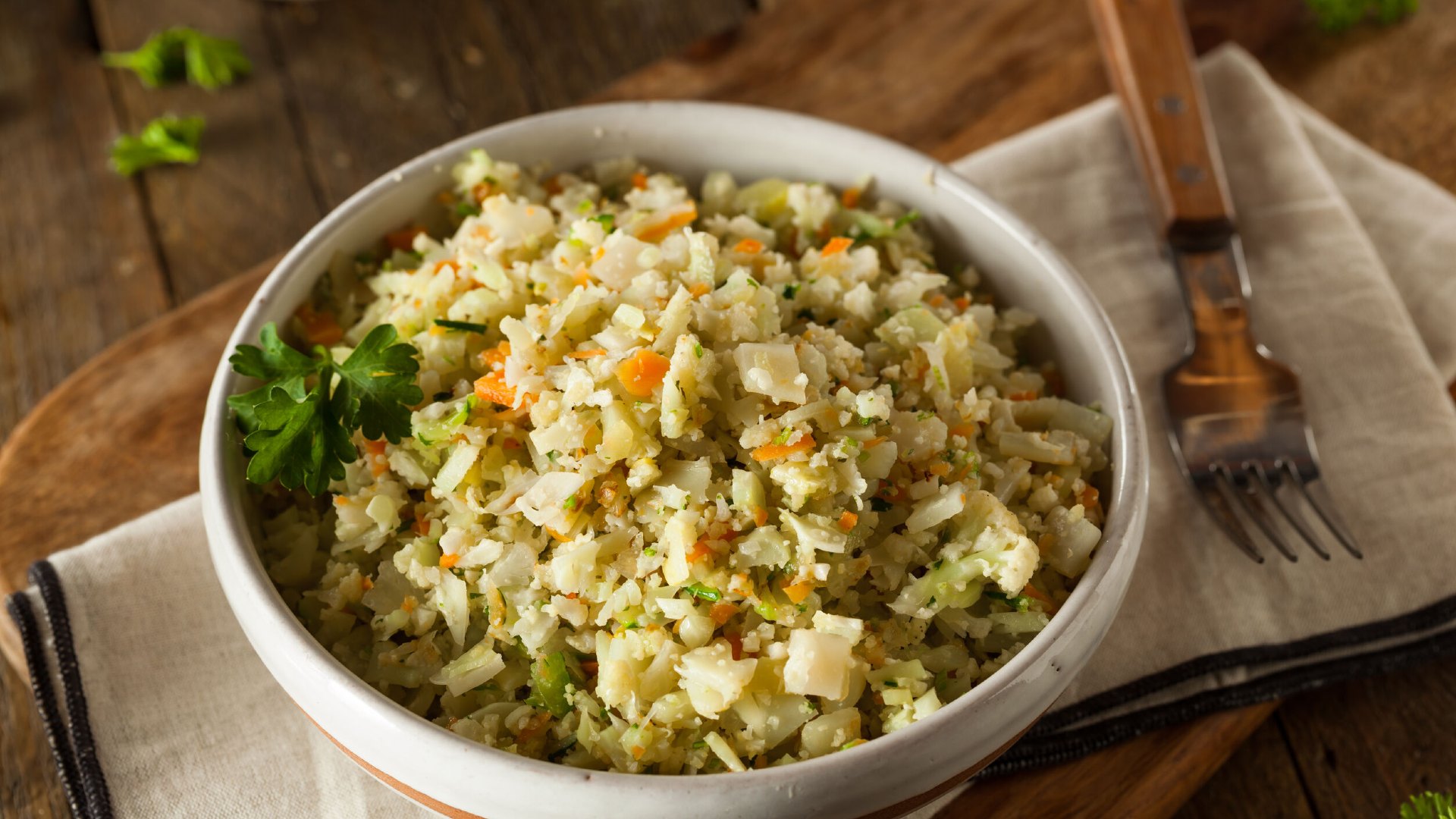World Obesity Day: Jialat I'm Overeating - How Ah?
Today is World Obesity Day, a day to increase awareness of and improve the understanding of this disease, its root causes, and the actions needed to address them.
According to the World Health Organisation, obesity is one of the major risk factors of chronic cardiovascular diseases such as heart disease and stroke, which are leading causes of death around the world. In fact, obesity is no longer considered a problem unique to high-income countries - it is on the rise at a dramatic rate in low- and middle-income countries too, especially in urban settings.
The good news: many of the bad habits (like overeating) which lead to obesity can be prevented and reversed.
Toh Hui Moon, Senior Psychologist (Clinical), National University Polyclinics, offers some ways to address overeating:
1. Understand the reason behind it
"A crucial step in managing emotional eating (stress eating) is to understand the reason behind the behaviour. It could function as a reward at the end of a rough day, to make yourself feel better, to calm yourself when you are feeling overwhelmed, or even just a plain old bad habit. Once you have achieved a better understanding of the reason behind emotional eating, it will be easier to develop strategies to help you manage the behaviour."
2. Keep a food diary
"Record and analyse the amounts of food eaten, the types of food eaten, and the specific trigger and feelings associated with the behaviour i.e. what caused you to begin emotional eating, and how you felt before and after the behaviour.
3. Distract yourself
"If emotional eating is a way for you to deal with stress, consider healthier stress management techniques such as regular exercises, meditation, social support, and engaging in alternative pleasurable activities and hobbies (such as drawing, gardening, etc). In addition, distracting yourself with other short and easily accessible activities ("switching gears”, so to speak) is also a useful strategy in managing emotional eating."
4. Seek professional help
"If your emotional eating behaviour is getting out of hand or you have been unable to manage the behaviour on your own, consider seeking professional help from a psychologist who can help you to manage the behaviour via therapies such as Cognitive Behaviour Therapy (CBT). CBT is useful in helping individuals identify negative and unhelpful thinking, and to replace these cognitive distortions with helpful ones."
And here's one more tip from Lynette Goh, Principal Dietitian, National University Polyclinics:
5. Follow the 80/20 rule
"In this 80/20 diet, you eat well-balanced, nutritious foods 80 percent of your meals and allow yourself to indulge in less healthy food 20 percent of your meals. This means that in a week of 21 meals, 17 of them are healthy meals," says Lynette.
"But this doesn’t mean that you should binge-eat fast food plus high fat and/or sugary snacks in those four meals. It just means that you can still have your favourite laksa once in a while without feeling guilty or upset with yourself for having an unhealthy meal."
Moderation is key
Lynette also cautions against over-indulging in "healthy food" as this may also lead to a tip in the scales: "Even if you do not over-indulge in snacks that are high in fat and sugar, you may over-indulge in ‘healthy food’ such as baked nuts, whole-grain crackers or fruit. While these are healthy snacks, excessive intake will also result in weight gain as all food contain calories."
Another great tip Lynette offers: "If you have already overeaten during one meal or eaten an excessive amount of snacks high in fat and sugar, limit the portion and amount of high fat/high sugar foods during the next meal/day. If you really had a full day of overeating, it is important to eat well balanced meals and limit foods/snacks high in fat/sugar the next day."
Always remember the 80/20 rule, Lynette reiterates. "If you have already indulged in more than 20 percent of the meals for the week, then the rest of the week (and not just the next day) should consist of healthy meals."
World Obesity Day
Today (4 March) is World Obesity Day, a day that throws the spotlight on efforts to build happier, healthier and longer lives for everybody.
A sobering report based on the World Obesity Federation's 2023 atlas indicates that more than 4 billion people (or 51% of the world) will be obese or overweight by 2035.
According to the World Health Organisation, obesity rates have nearly tripled since 1975 and increased dramatically - almost five times! - in children and adolescents. A great equaliser, obesity has affected people of all ages from all social groups whether in developed or developing countries.
Need help with weight management? Read all our related articles here.
For the latest updates on Wonderwall.sg, be sure to follow us on Facebook and Instagram. If you have a story idea for us, email us at [email protected].











